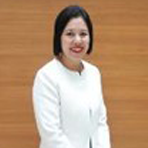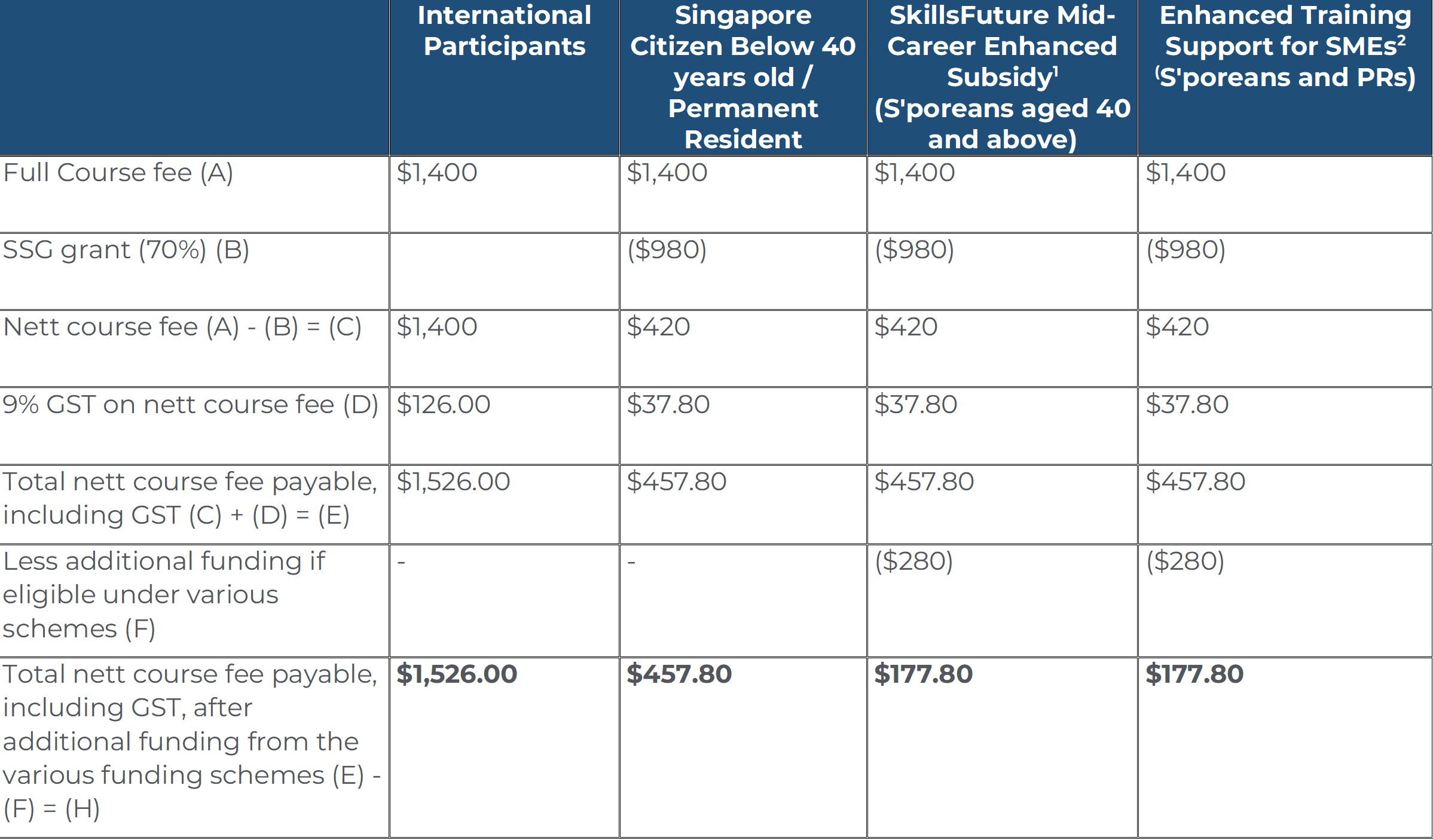Level: Intermediate
Duration: 2 days
Venue: Singapore University of Social Sciences
In this programme, participants will go through a step-by-step process in guiding them to design and deliver effective public engagements. We will explore the importance and rationale for doing public engagement. Using these rationale as a guide, we bring participants through the public engagement design process and explore methods and strategies that they can adopt in their public engagement design. Participants will also be introduced to facilitation tactics and best practices in managing engagement sessions and facilitation. With the insights gathered, participants will also be taught how they can consolidate their findings and distil them to form meaningful insights. This programme is developed in partnership with global leading independent specialist research, evidence and advisory firm Verian.
Junior to mid-level officers who are involved in communications, community engagement, partnerships, policy or even operations. Individuals who are interested to explore how public engagement can be used effectively to develop meaningful policy outcomes
- Understanding “Why Public Engagement?”
- Designing Public Engagements I: Process
- Designing Public Engagements II: Methods
- Facilitating Public Engagements
- Simulating Public Engagements
- Analysing Engagement Insights
- Reviewing Engagements for the Future
- To help individuals understand the purpose of public engagement and how they can use it to guide policy / programme planning
- To provide know-how and best practices so that they are able to work with stakeholders / partners better
- To develop the capabilities for the social / community sector to engage citizens and their concerns / challenges better
Learning Outcomes
A. Knowledge and Understanding (Theory Component)
By the end of this course, participants should be able to:
- Articulate the need and importance of public engagement for policies, initiatives and programmes
- Identify the appropriate stepsand methods in designing effective public engagement
- Identify right strategies to manage stakeholders and participants
- Evaluate public engagement and consider next steps for future engagements
B. Key Skills (Practical Component)
By the end of this course, you should be able to:
- Apply best practices in facilitating public engagement sessions
- Identify and apply appropriate strategies to manage challenging engagement situations
- Design public engagement process that addresses outcomes and objectives
| Time | Agenda |
|---|
| Day 1 |
| 09:00 - 09:30 | Course overview |
| 09:30 - 10:30 | Understanding “Why Public Engagement?” |
| 10:30 - 10:45 | Break |
| 10:45 - 12:30 | Designing Public Engagements I: Process |
| 12:30 - 13:30 | Lunch |
| 13:30 - 15:00 | Designing Public Engagements II: Methods |
| 15:00 - 15:15 | Break |
| 15:15 - 17:00 | Facilitating Public Engagements |
| 17:00 - 17:30 | Assessment and Reflection |
| Day 2 |
| 09:00 - 10:30 | Simulating Public Engagements (Role Play) |
| 10:30 - 10:45 | Break |
| 10:45 - 12:30 | Simulating Public Engagements (Role Play) |
| 12:30 - 13:30 | Lunch |
| 13:30 - 15:30 | Analysing Engagement Insights |
| 15:30 - 15:45 | Break |
| 15:45 - 17:00 | Reviewing Engagements for the Future |
| 17:00 - 17:30 | Reflection and Consolidation |
*SUSS reserves the right to change the course dates, topics and trainers.- Group Project – Discussion Guide
- Role Play
- Attendees should have a basic level of English language
- Attendees have to bring along their own laptop

Ms Sandra Lim
Sandra boasts over 20 years of expertise in policy and social research consulting. Her specialties include behavioral communications, public engagement, program evaluation, and data analysis in sustainability. Sandra is actively engaged in the research industry and previously held the position of President at the Market Research Society Singapore (MRSS). She also imparts knowledge through training at institutions like Republic Polytechnic and Lee Kuan Yew School of Public Policy (LKYSPP) and is ACLP certified.
Beyond her professional roles, Sandra is committed to community building, advocating for diversity, equity, and inclusion, and serves as a board advisor at Ecoworks and board member at the Caregiving Welfare Association (CWA). Her multifaceted roles encompass advising, strategising, training, facilitating, writing, and volunteering. Her guiding principle is to use evidence-based decisions to shape a sustainable future for all as highlighted in her blog.
Please submit the following documents to [email protected]:
- Coloured copy (back and front) of NRIC for Singaporeans and PRs, or "Employment"/"S" Pass for foreign applicant
- Application form
Course Fee

1 Mid-Career Enhanced Subsidy: Singaporeans aged 40 and above may enjoy subsidies up to 90% of the course fees.
2 Enhanced Training Support for SMEs: SME-sponsored employees (Singaporean Citizens and PRs) aged 21 and above may enjoy subsidies up to 90% of the course fees.
Participants are required to achieve at least 75% attendance and pass any prescribed examinations/assessments or submit any course/project work (if any) under the course requirement.
Participants are required to complete all surveys and feedbacks related to the course.
The course fees are reviewed annually and may be revised. The University reserves the right to adjust the course fees without prior notice.
Singapore University of Social Sciences reserves the right to amend and/or revise the above schedule without prior notice.
For clarification, please contact the SUSS Academy via the following:
Telephone: +65 6248 0263
Email:
[email protected]